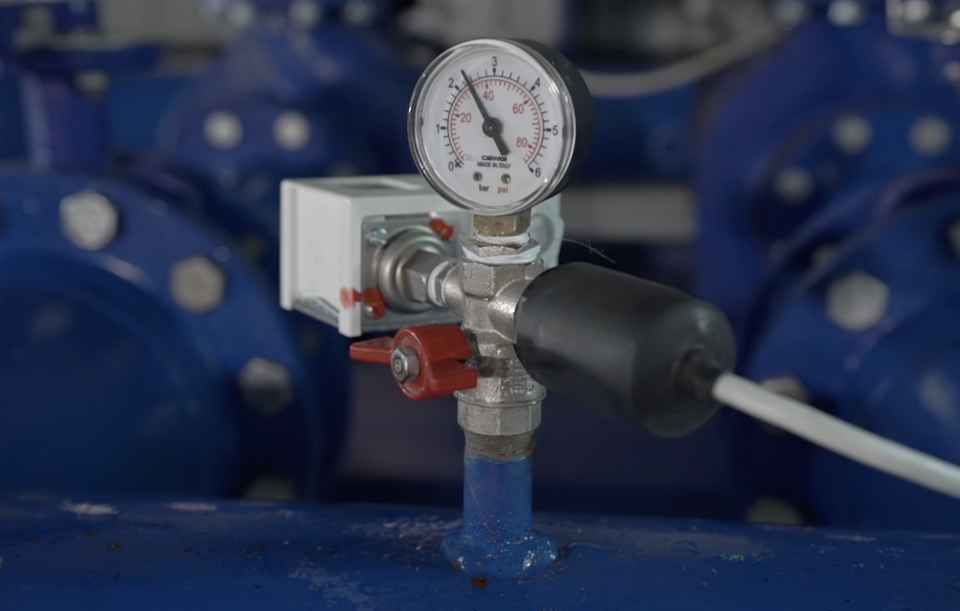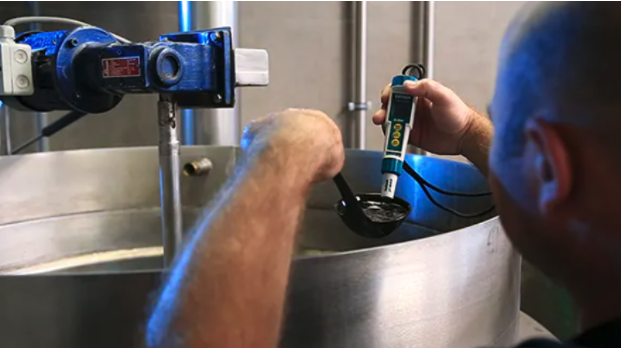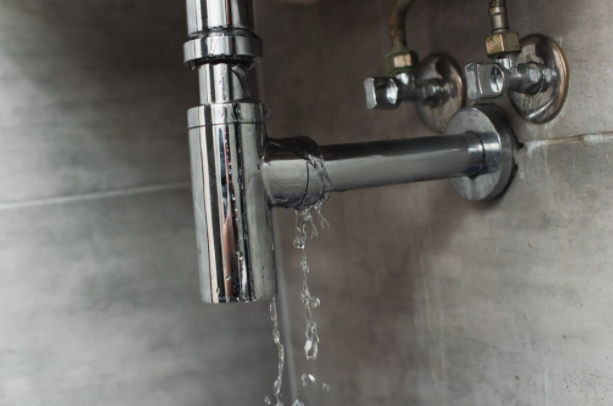Why Does My Tucson Home Have Low Water Pressure?

Measure of water pressure
Low water pressure can be annoying. Many causes of low water pressure are fixable, but you need to know what’s causing it before you can fix it. There are a variety of potential causes of low water pressure, including:
We’ll discuss each of these potential causes in greater depth below, along with some corrective actions you can take.
*Note: This article focuses on homes in which the water pressure has suddenly decreased. If your home has chronically “low” water pressure, it’s a good idea to measure your home’s water pressure before making any fixes or calling a plumber.
You can calculate your water pressure by using a water pressure gauge available for purchase at most hardware stores. In Arizona, normal water pressure is between 30–60 pounds per square inch. If your water pressure is lower than that range, it’s a good idea to investigate further.
Plumbing issues can be confusing. Let one of our professional plumbers help you sort through your water pressure worries. This community has trusted us for 30 years and counting, and we’d love to add you to our list of happy customers.
A Buildup of Debris or Minerals

Plumber measuring hard water levels
Tucson has naturally “hard” water—water that has increased magnesium and calcium mineral content. Over time, these minerals can build up on faucets or pipes, resulting in blockages that decrease water pressure.
If a blockage is the cause of your decreased water pressure, you’ll likely only experience reduced water pressure in one fixture. Unfortunately, there are several different areas of your plumbing system that can experience blockages.
Blockage in a water fixture’s aerator:
The aerator of a water fixture is the cap at the end of the fixture with many tiny holes. Aerators prevent water from splashing by separating one large water stream into several smaller, more controlled streams. Because the passages that water travels through in an aerator are small, they can easily get clogged by mineral buildup or debris.
The solution: Most homeowners can easily remove their aerators. If you remove your aerator and notice that there is a lot of white buildup on it, soak it in vinegar to clean it.
Blockage in a fixture’s cartridge:
The cartridge is the device under the handle of a water fixture that turns your water on and off. Like the aerator, the cartridge can become clogged by hard water deposits. Cartridges also become less effective over time; if it doesn’t appear blocked, but you suspect the cartridge is the issue, it may be a good idea to order a replacement.
The solution: Access the cartridge through the handle of your faucet. You will likely need to remove the handle and the bonnet. Rinse the cartridge first to remove any sediment, then soak it in vinegar to clean it.
Blockage in a fixture’s hot/cold supply lines:
Hot/cold supply lines supply hot/cold water to your faucet.
The solution: A plumber should disassemble these lines. If you have ruled out clogs in all other areas of your plumbing system and believe a clog in this area is the issue, call a professional.
Many homeowners own water softeners to adjust the mineral content of their home’s water and prevent issues resulting from hard water. If you have a water softener but still have low water pressure due to mineral buildup, it’s a good idea to have a plumber inspect your water softener to ensure it’s working correctly.
Leaking Pipes

Leaking water faucet
According to the Environmental Protection Agency, leaking pipes reduce water pressure and increase your water bill by about 10%. Your decreased water pressure might be due to a leaky pipe if you notice that the water pressure has only reduced in one area of your home, like your kitchen or your bathroom.
While some leaks are easy to identify and fix, like a leaking faucet, more severe leaks requiring pipe replacements or repairs (particularly in older homes, where pipes may have corrosion) should be evaluated by a plumber.
Accidental Closure of Your Main Water Valve
Sometimes the fix is as simple as flicking the switch. If you suddenly notice decreased water pressure throughout your whole home, it’s a good idea to make sure your main water valve hasn’t accidentally been partially closed. Because your main water valve controls the flow of water to your whole home, the tiniest nudge out of place could impact your home’s water pressure.
The water valve should be parallel to the pipe it’s located on when it’s in the “open” position. If you notice your water valve is not entirely in the open position, adjust it accordingly and see if your water pressure improves.
Other Factors That Could Be Causing Your Reduced Water Pressure
A few miscellaneous factors could cause decreased water pressure in your home. If you notice your water pressure is lower at certain times of the day, the issue could simply be due to supply and demand. For example, if you’re trying to shower at the same time of the day as your neighbors, the amount of water available will be low and may result in decreased water pressure. Local construction could also impact your home’s water pressure temporarily.
If you recently moved into a new home and are unsatisfied with the water pressure, ensure there aren’t flow restrictors installed on your faucets. Flow restrictors conserve water by limiting your faucet’s water output per minute.
When in doubt, call an Advantage Air Mechanical plumber.
Our expert plumbers are licensed and ready to use our professional expertise to diagnose and fix your water pressure issues in a matter of hours. You’re one call away from more comfortable water pressure.